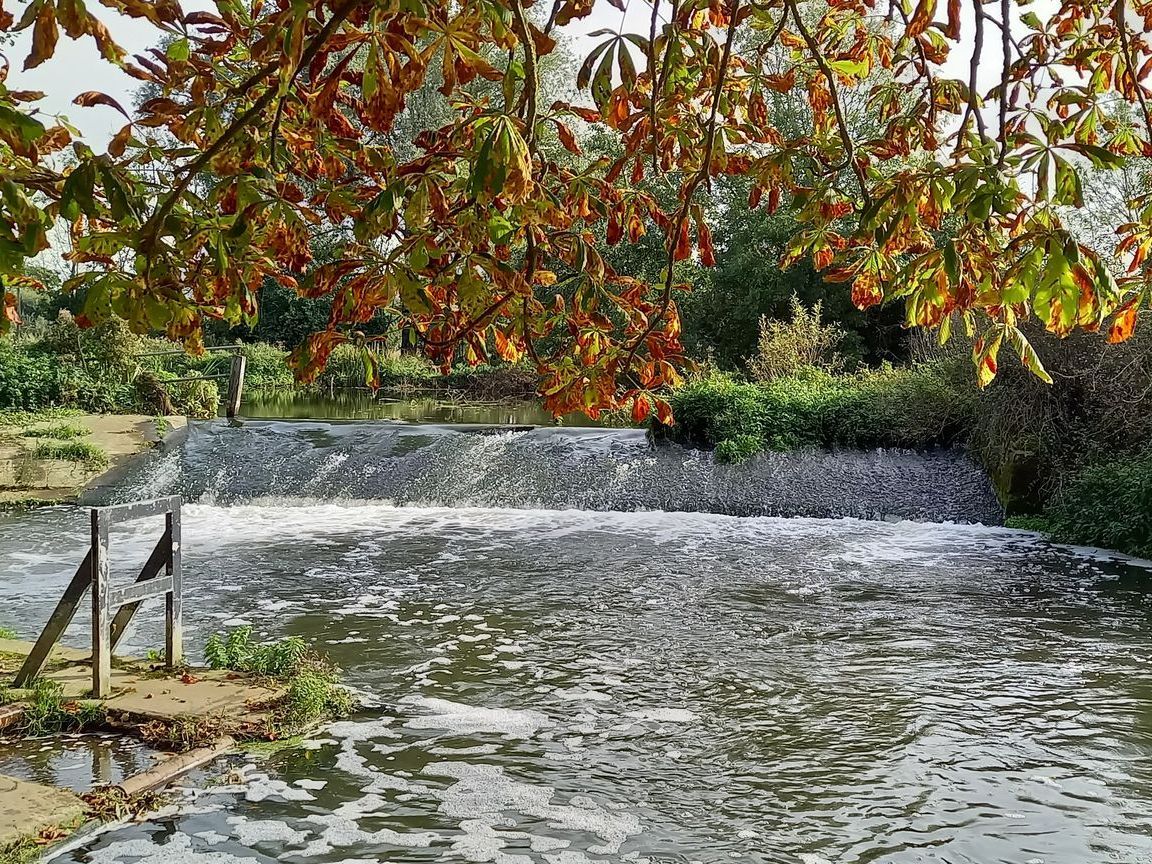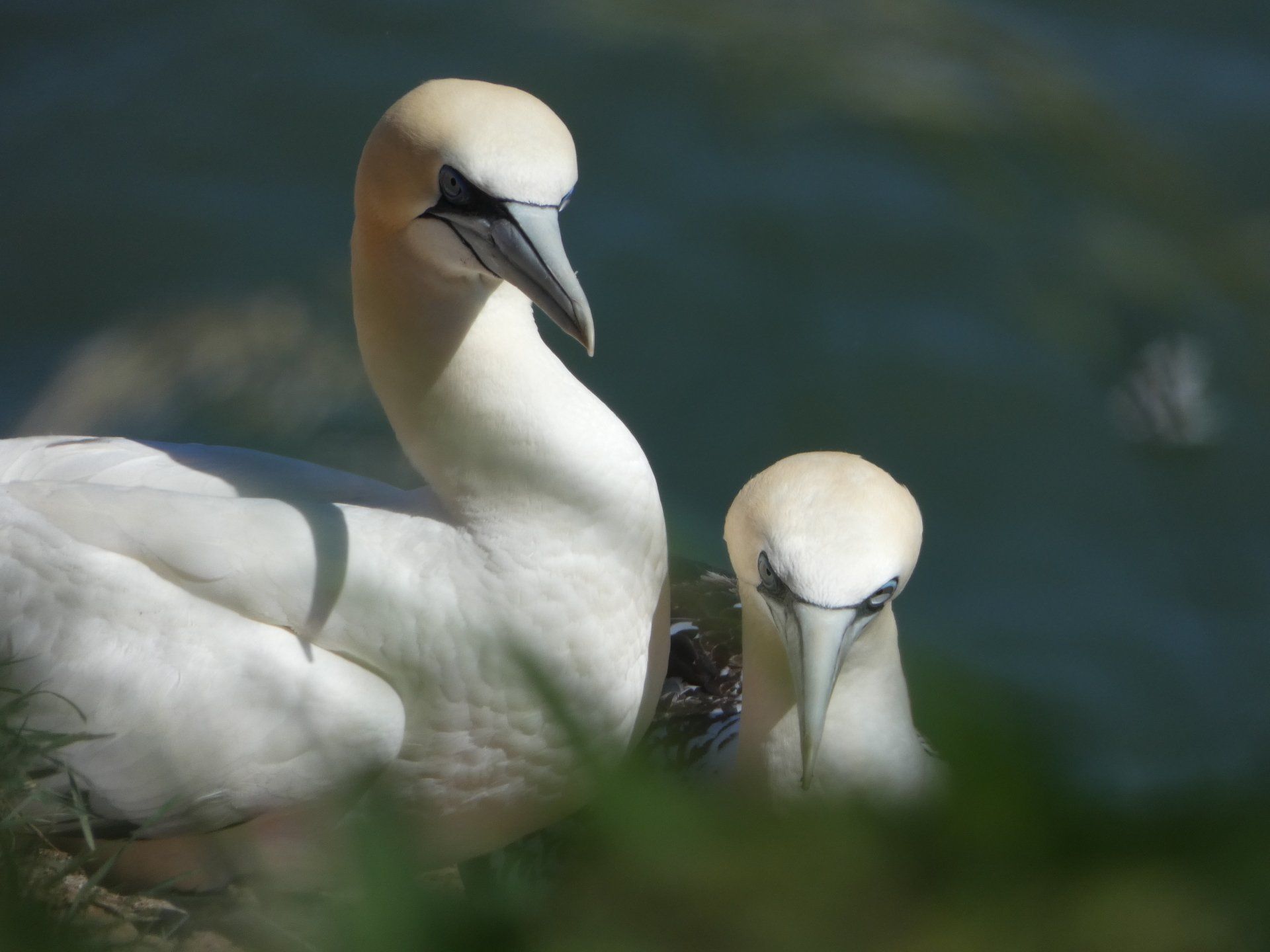Kate's Blog
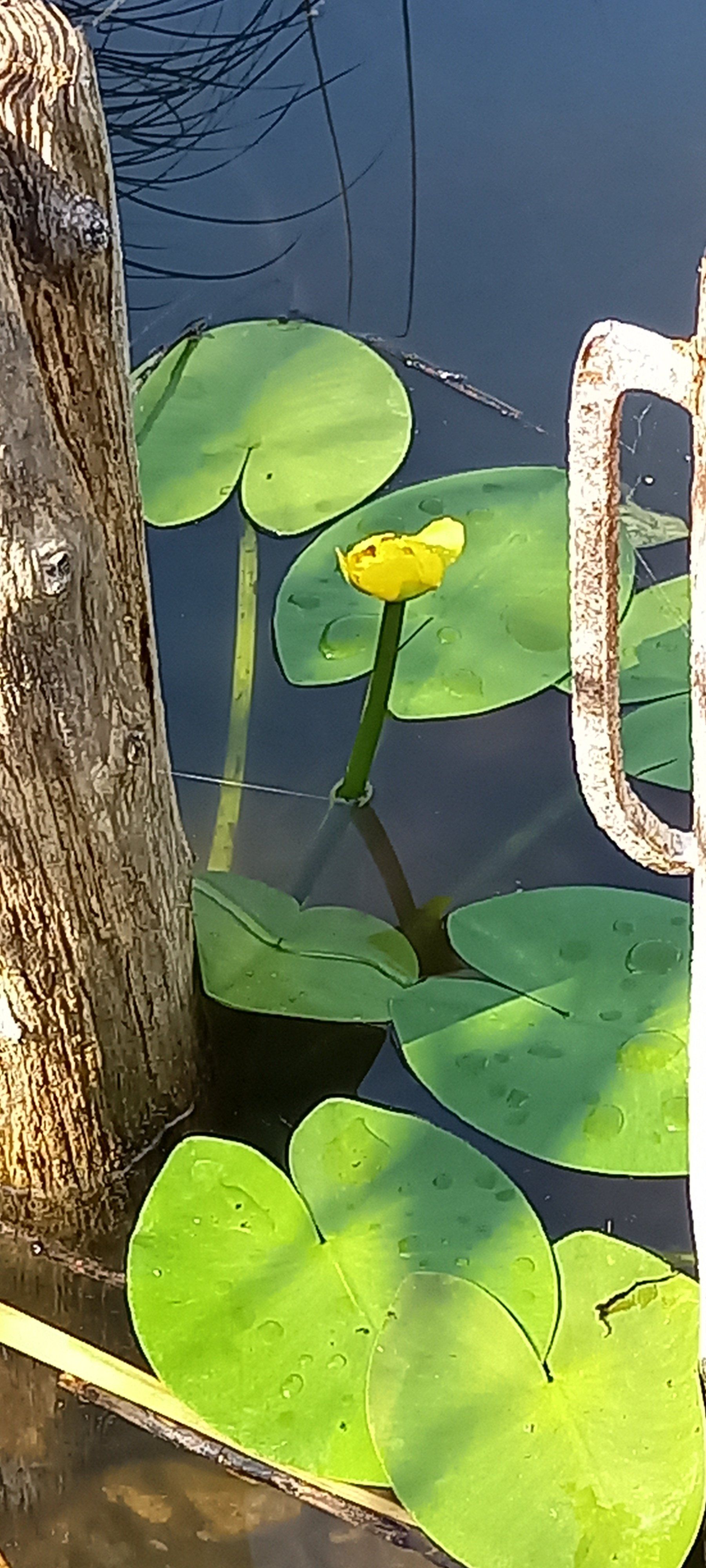
A few years ago Bronnie Ware, a palliative nurse summarised in a very successful blog [i] , the top five regrets she heard from people dying: “ I wish I'd had the courage to live a life true to myself, not the life others expected of me. ... “I wish I hadn't worked so hard. ... “I wish I'd had the courage to express my feelings. ... “I wish I had stayed in touch with my friends. ... “I wish that I had let myself be happier. There are other similar blogs around, with slightly different lists, but all written from the perspective of older people, people near the end of their life, looking back. But why wait until it’s too late?
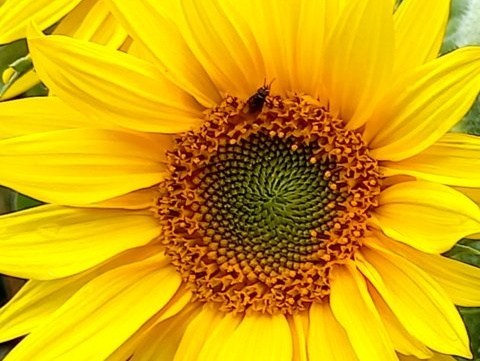
Why is it so hard to be kind to yourself? First one, then another, then a third client asked me this over the last week. Accompanied with “ and how do you even do it ?” They got me thinking. It can seem hard to be kind to yourself. Even counter intuitive at times, and certainly a bit different to the ways many of us have been brought up. It can sound a bit woolly and wet. And what does being kind to yourself really mean? How do you know when you are doing it? Why does being kind to ourselves matter? Learning to care and nurture ourselves, to have compassion for ourselves is one of the key journeys in psychotherapy. So often, we damage ourselves by our reaction to what we are feeling, rather than by the feeling itself. So we get anxious about something, and then we feel anxious about being anxious, a double whammy that ramps up the impact. When we can feel compassion for ourselves, be kind to ourselves, we just have to cope with the emotion that is being felt, which is easier. When we are kind to ourselves it is easier to be truly kind to others, and to accept others’ kindness and love. Put simply though, its not much fun living with someone who is mean to you – and that’s what many of us do to ourselves. Being kind to ourselves, and to others, is a recipe for happiness. What does being kind to ourselves mean? It can be pretty easy to know when you aren't being kind to yourself, when you are beating yourself up, when you compare yourself to others, set impossibly high standards for yourself, talk to yourself harshly and judge yourself critically. So if it is the absence of these things, what is there instead? When we are kind to other people , we pay them attention, we offer warmth, affection, generosity, without judging whether the circumstances necessarily merit it. Kindness isn’t a reward for good behaviour, or because we want something. We are considerate. We think of actions that the other person will appreciate, and we give without expecting anything back. We are open to celebrating their success without feeling that it takes something away from us. Being kind is an action of abundance, not rationed or scarce. Why is it difficult to apply this to ourselves? It can be really hard. It takes precious time. If we try to pay ourselves attention, feel generous towards ourselves, look at ourselves with affection and compassion, a whole bunch of blocking beliefs may get activated, such as: • I don't deserve kindness • I did something really stupid and I don't want to do it again • I'm lazy, I need to push myself and keep nagging at myself • If I'm kind to myself there wont be any left over for being kind to other people Each of us has a set of old beliefs that we have established over our lives, usually from childhood, beliefs that seemed helpful then, to make sense of the world around us, and protect ourselves. Sometimes we can be angry with the whole idea: • Yes but- I want someone else to look after me and care for me! There is a yearning in many of us to be nurtured and looked after, often with its roots in our very early childhood. The reality of doing this for ourselves is one of the challenges of growing up. And whilst we hope others will look after us and nurture us, our capacity to love others, and to accept their love for us is enhanced by our capacity to be kind to ourselves. How do I change these old beliefs? Sometimes just recognising them for what they are is enough. Sometimes we need to recognise how they have helped us over the years, helped us to succeed, or protected us. We can then look at whether they are still valid, necessary and useful to us now, in part or wholly. You may find you need to do a complete audit and spring-clean of the rules that governed your upbringing! Encourage yourself : It is likely that you are good at some aspects of self kindness, and not so good at others. So you might be good at noticing when you need to go to bed early and actually do this, or treat yourself to a comforting bath, but still be a sucker for comparisons, getting wound up by a friend cycling up the hill way faster than you, or be highly self critical. Do notice what you are doing well and celebrate this! We all respond well to encouragement, and just because you can do something well isn’t a reason for not celebrating it, more a reason for understanding how you do it. A route map starts with paying attention to yourself. 1. Stop, take a few breaths and pay attention to your thoughts, your feelings, any sensations in your body. 2. Notice if your position is kinder or less kind to yourself , e.g. “ I'm really doing the best I can here, or I'm wrong, I'm embarrassing myself again… 3. Breathe - try 5: 5 : 5 breathing, where you breath in for 5, hold for 5 and out for 5, several times. Notice as you become calmer 4. Question your position : is it useful, relevant, helpful to this situation? 5. Congratulate or offer– well done! Or might an alternative view be more helpful? If you do this with a therapist they will help you listen to different parts of yourself, and what they have to say. So when an angry part of you protests that “this is so indulgent” we can hear that part together, and be curious about what it is really protesting about. And at the same time, we can notice how you are being increasingly kind to yourself, and feeling happier as a result. My violin teacher was very helpful. When I was struggling to learn a particular sequence of notes and starting to feel a bit stupid, and that it might all be too difficult, she said “make these notes special, play each one as if it is really special.“ And to my surprise this transformed these notes, and they became the most interesting part of the tune, the bit that really brought it all to life. It is the parts of ourselves that we struggle with, that are often where our deepest strengths and resources lie. Just waiting for us to be kinder to them and let them grow. Good luck! (c) Kate Graham February 2021 First published in Counselling Directory https://www.counselling-directory.org.uk/memberarticles/why-is-it-so-hard-to-be-kind-to-ourselves
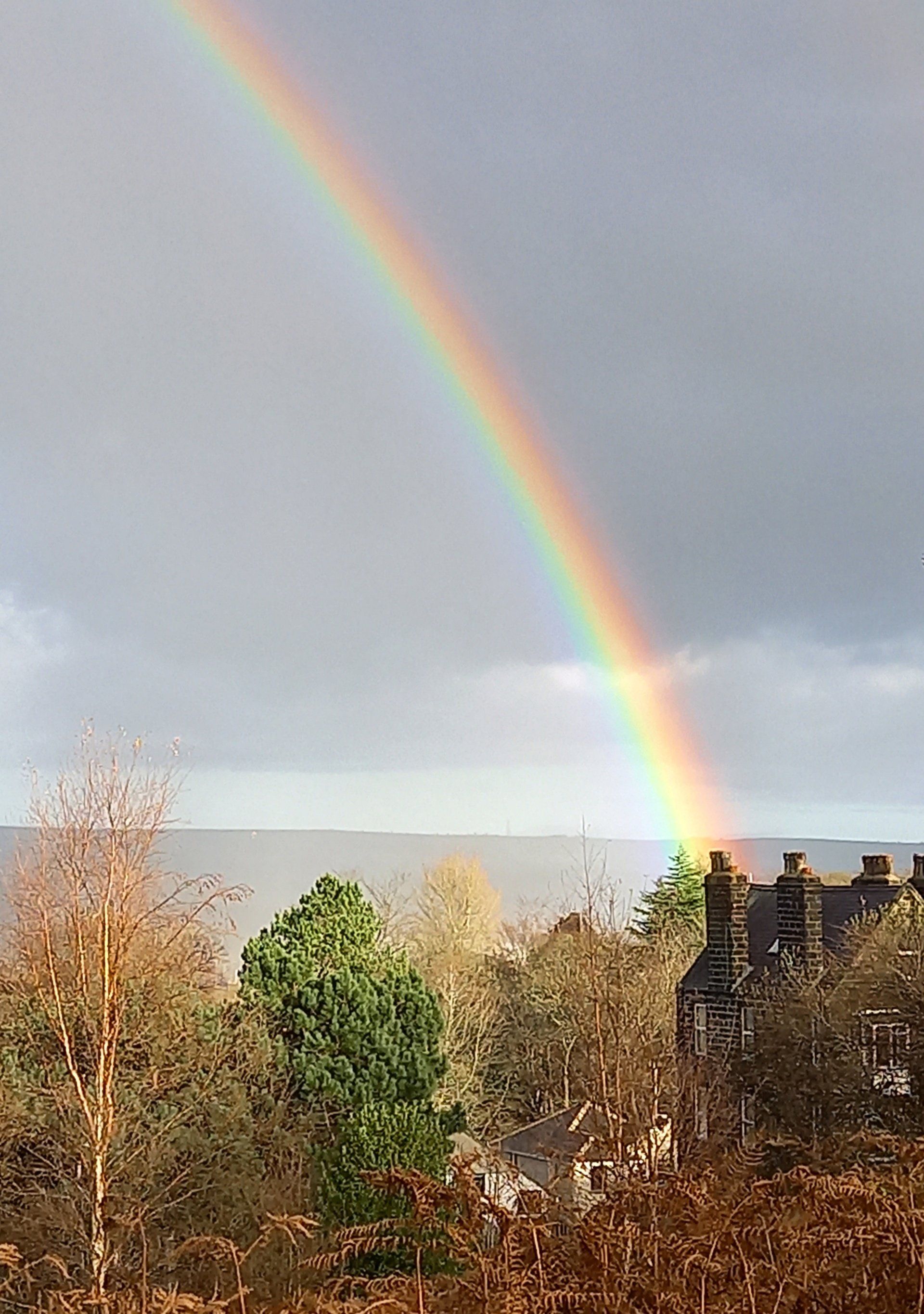
Monday morning and we are off! Free to travel where we want, and free to meet with a few friends in our back gardens. It feels like an exhilarating rush of freedom, and I am enjoying imagining where I might go and people I would like to see. Soon we will be able to travel, stay away from home (if we can find somewhere still available), go to the seaside, climb mountains. In about six weeks we will be able stay over with our friends and family, and life will really seem to be returning to normal. But do I want it to return to “normal”? Like many people I have enjoyed the relative tranquillity of working from home, of a limited social life, the greater abundance of time. If “normal” means rushing around, spending hours in trains and in the car, out every night at various activities and worrying about whether I do actually have a social life, then maybe I'm not quite so sure. And also, its not going to be normal though is it? The pandemic hasn’t ended, no vaccination is 100% effective, there are new variants circulating and the third wave is already looming in Europe. So it doesn’t feel brilliantly safe to through all caution to the winds quite yet. One of the challenges that we face in rebuilding a fuller life is how to cope with this uncertainty: how to decide what we feel is a reasonable risk, and how we build our confidence to go out into the world again. In some ways it’s as if we have become institutionalised, living a safe but restricted life. So some of the guidance for people taking their firsts steps in normal life after being in an institution might be worth considering. In a review of the effects of prison sentences on people’s personalities, Christian Jarrett of the BBC found that: “ The personality change that most dominated their accounts was an inability to trust others – a kind of perpetual paranoia”. The study found prisoners talking about feeling distanced from people, and finding it hard to trust other people. Over the last year we have developed habits of avoiding other people, even stepping into the traffic rather than sharing a pavement, and managing the all-pervasive social distancing requirements. We have suppressed our natural desire to hug and be close to those we love, with corresponding damage to our mental health. We may have enjoyed solitude and order, and a lack of social demands. For a new normal rebuilding trust so that we can connect with each other in the many different ways that we need is essential, and will take time. Some people have had jobs that have pretty much stayed the same – but for those of us who have been furloughed or have worked from home for the last year, these pointers may be helpful: 1. Take it slowly : it will take some time to readjust and it doesn’t all have to happen overnight. Be patient with yourself. 2. Hold on to what works : Keep doing the things you find supportive to yourself. So if you like calm and silence and not going out quite as much as you did, its ok to make sure you still get plenty of calm times. In fact its something we all need. 3. Be open minded : Don’t expect things to be like they were before – things have changed. Be curious as to what new opportunities and ways of doing things may be appearing. 4. Awareness: Notice how you are reacting to people, and check in with yourself as to whether that is how you want to respond. 5. Compassion for others : Recognise that we are all going to reintegrate at different speeds – be patient with others, and there is the challenge of recognising that we have all made different decisions about our response to this pandemic, and the lockdown rules. 6. Build community : find practical things that you can do to support your local community, and that you enjoy, whether it is litter picking, helping to plant trees, playing music outside retirement homes….. The next few months are going to be a strange time – a mix of exhilaration, fun, connection, hope and quite probably disappointment and setbacks as well, as we work out what our new world looks like. We will need each other more than ever before, so looking after ourselves is a vital part of this. Let us hope that we can build back better, and enjoy living together in this wonderful planet of ours. © Kate Graham March 2021
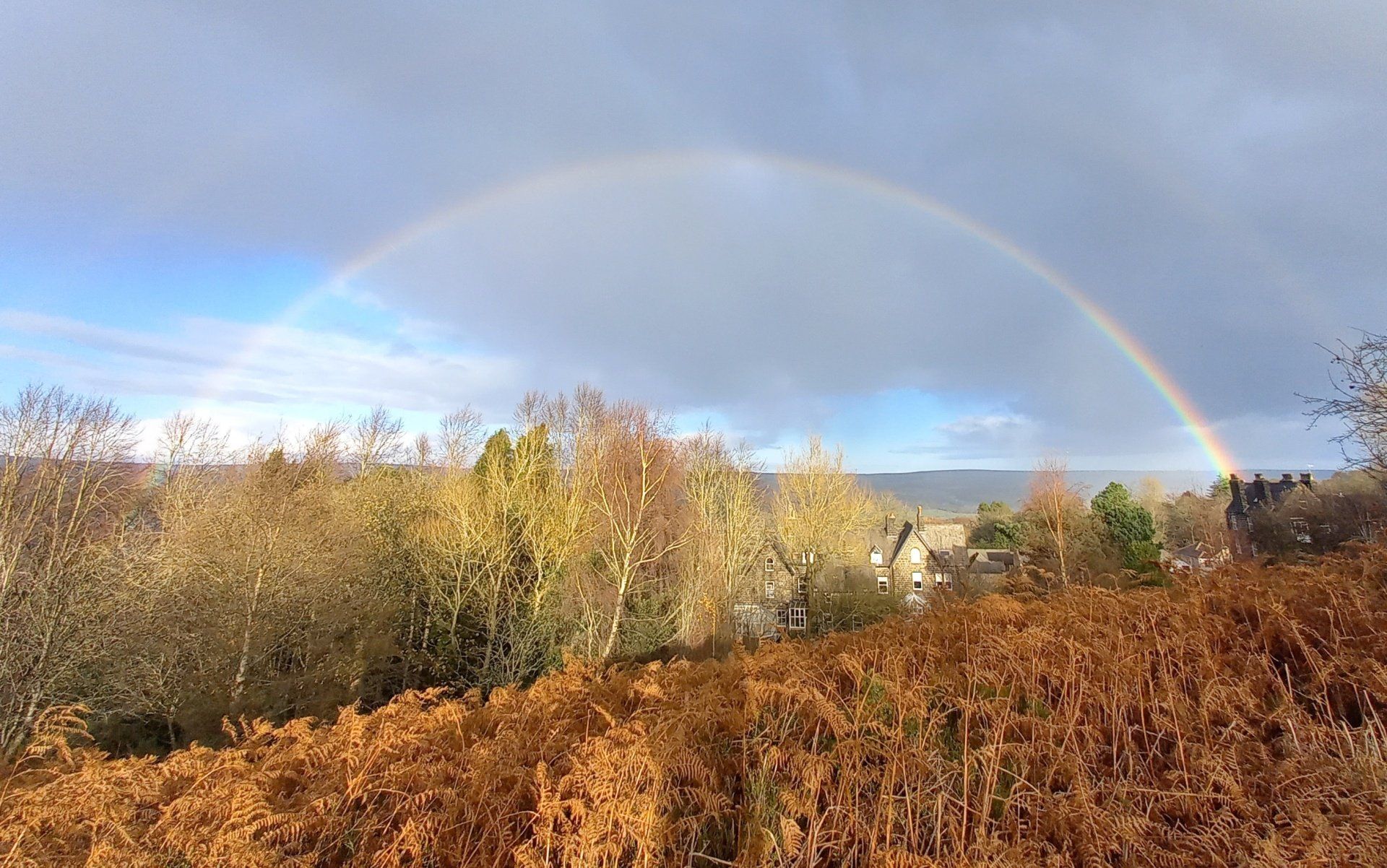
“I'm not religious but I am spiritual.” I have certainly said this many times – and maybe you have too? This is something the author; Barbara Brown Taylor, priest, best selling writer, and professor of religion, has heard more times than she cares to remember. She suggests we are clear about what we don't like about religion: the wars, the dogmas, creeds, but much less certain about the spirituality bit. Many of us do have a sense of something greater than ourselves, something mysterious, awesome, but alongside this there is a deep yearning, a searching, a longing for connection to this “more”. And indeed many church goers may also share this longing. “No one longs for what he or she already has, and yet the accumulated insight of those wise about spiritual life suggests is the reason so many of us cannot see the red X that marks the spot is because we are standing on it” All we need is our consent to be where we are, to imagine that we already have whatever we need. And in this book she sets out a series of practices to help us be just where we are. To get our feet down on the ground, and connect with who we are. Each of them is a practice in being fully human: that is where the spiritual treasure is to be found. “My life depends on engaging the most ordinary physical activities with the most exquisite attention I can give them” Each of the 12 chapters helps us focus on one aspect of doing just that, such as the practice of paying attention, the practice of walking on the earth, the practice of encountering others, the practice of living with purpose, and one that is particularly relevant to many in the helping professions, the practice of saying no. I enjoyed this book, I enjoyed its humour, her stories, the sense that she absolutely follows her own good advice that appears on these pages. She writes fluently, and her story telling is friendly and vivid, with her warm compassion flowing through it all, making the book a nice place to return to. I read it right through from start to finish: now I need to go back and read some chapters again. It is designed as a workbook, to be dipped into and used in practice, and can be read in any order. Some chapters have stayed with me, such as the one where she extolls the virtues of cleaning the house and scrubbing the floors. I sort of know that this is a good idea, but I may need to read this chapter again…. Her chapter on prayer touched me deeply. She starts by describing her difficulties with conventional prayer and praying, despite all her efforts over the years, being a “failure” in the praying department. She wonders how we make sense of all those unanswered prayers. She then discovers Brother David Steindl-Rast who says prayer is: “ Waking up to the presence of God no matter where I am or what I am doing, when I am electrically aware of the tremendous gift of being alive; when am able to give myself wholly to the moment I am in, then I am in prayer. Prayer is happening and it is not necessarily something that I am doing. God is happening.” This makes sense to me. As a psychotherapist I am aware of those moments of being wholly present, moments of meeting, where there is often a sense of something more happening and two human beings become fully present with each other. I hadn’t thought of it as prayer, but I do know that these are the moments I treasure, and that make me profoundly grateful that I am now doing this work. Her final chapter is about blessings, and how we can all give these to ourselves and others. There are no rules saying who can or cannot give blessings and what they should be for. Sometimes it may be all that we can do, and the gift of blessing may be more than we realise. Happy reading! There is a link to the independent network of bookshops here .
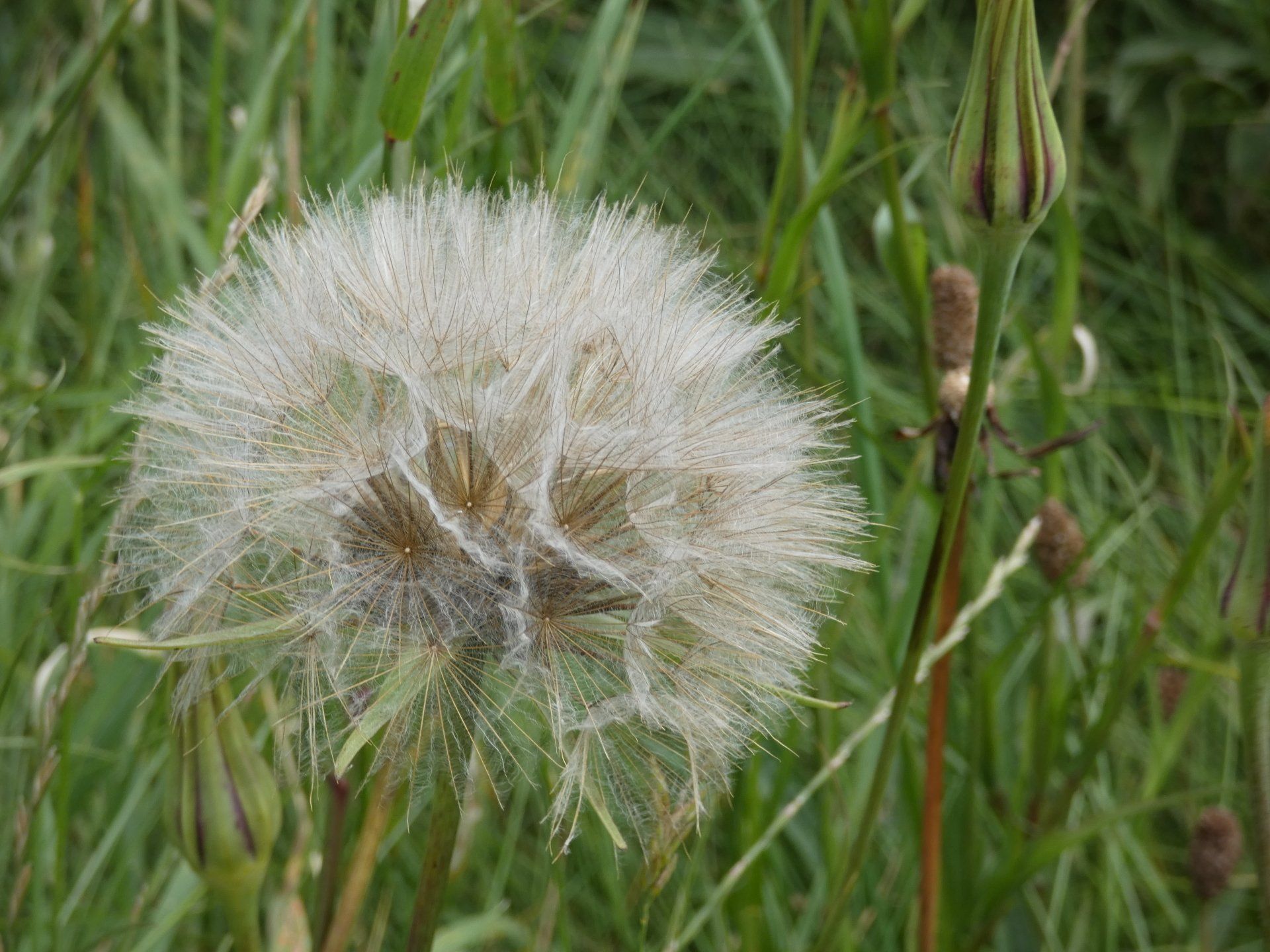
Do you feel that you are “sensitive”? Do you sometimes struggle with criticism, need time to think things over and absorb information? Maybe you don't like loud noises or bright lights, or startle easily, and are very sensitive to the feelings of those around you. You may also be highly empathetic, creative, insightful and think deeply about the meaning of life. As a child, I couldn’t bear woollen jumpers or the feel of saltwater drying on my skin. I was very sensitive to the feelings of those around me, and particularly when I started working as a coach, and then as a therapist, I became very aware that I was struggling to distinguish my insights and my sense of the other person from my own experiences. This led me to some careful study of how to develop these boundaries, which I have described elsewhere. For me then, it was a relief to read about the concept of the ‘Highly Sensitive Person’ (HSP for short) and to recognise myself in this. It was also good to see that I wasn’t alone: this is quite a common trait (15- 20% of the population), a percentage that is, I imagine, a lot higher amongst therapists and other caring professions. As a therapist, I would guess that many of my clients also fall into this group. The term HSP is becoming more widely shared and there are some excellent and informative websites on the subject. The description 'Highly Sensitive Person' was first used by Aron, when she defined this trait and suggested that some of us really are particularly sensitive, and not just “oversensitive”, “wet”, “irritating”, “can’t take criticism”, and, importantly, that this trait can bring some very important advantages and benefits. How do I know if I am highly sensitive? Jenn Granneman and Andre Sólo [1] define a highly sensitive person as; “s omeone who experiences acute physical, mental, or emotional responses to stimuli. These can include external stimuli, like their surroundings and the people they are with, or internal stimuli, like their own thoughts and emotion.” Aron [2] cites some of the defining HSP characteristics as: being easily overwhelmed by such things as bright lights, strong smells, coarse fabrics, and loud noises getting easily stressed if you have to do a lot in a short time avoiding violent or scary movies and TV shows, and potentially upsetting situations needing to retreat to a quiet space such as a darkened room to get some relief from the world from time to time thinking deeply and having a rich and complex inner life being seen (as a child) as sensitive or shy Other aspects include a sensitivity to caffeine, and finding decision making difficult. We don't want to get it wrong, and we need to process all the options coming towards us. Then there is the double whammy of feeling stupid as we struggle to make what seems to others like a totally straightforward choice! Interestingly, there isn’t a direct link to being introvert or extravert: whilst the majority of HSPs are introvert, about 30% are extravert. If any of this is resonating with you, what should you do, if anything? You can try testing yourself at https://hsperson.com/test/highly-sensitive-test If you think you are an HSP (or have an HSP child) what might you do? 1. Acknowledge your strengths The first thing is to acknowledge that this sensitivity comes with some major strengths, as well as the difficulties that it is so easy to focus on. In fact, Aron sees the qualities that HSPs have, in particular, empathy, deep thinking and a search for meaning as key to our species survival! It is important for us to recognise these strengths so that we can play to them and make the most of them. 2. Get the basics right Getting the basics right means getting enough sleep and eating food that nourishes you, and eating regularly. If you can manage without caffeine this is likely to help. These basic things are likely to really matter to you. 3. Down-time Work out what you need to recover from the busyness and over-stimulation of everyday life and give yourself permission to retreat for a while. It’s not a cop-out or giving up, it’s about taking yourself to a place where you can recharge and be even more useful afterwards. So if that’s 10 minutes under the duvet or a short walk, or just sitting quietly in a darkened room, find what works for you and allow yourself to do it when (or before) you need it. 4. Build resilience Develop some strategies for responding to criticism, so that you can function happily with others. I have found that slowing down my reaction time is key. I react fastest when I read something on my phone, and rather more slowly on a widescreen PC. So with written messages, I need to give myself time, breath and read them again more carefully (and on a larger screen) to see if I am jumping to unjustified conclusions. When someone is critical verbally, again, stopping, breathing, and possibly clarifying what they mean exactly. Slowing down the reaction helps your thinking brain to come in, and reduces the emotional response. Mindfulness and meditation help, as does building self-esteem. 5. Develop boundaries At a deep level, this is about learning who you are, where you finish and others begin. At a more everyday level it comes down to being able to say no, to remove yourself for a break when you need to, and scheduling in both your commitments and these breaks, so that you can avoid being stressed and overwhelmed. 6. Enjoy who you are! Find ways to enjoy and harness your strengths. Sensitivity is a wonderful gift, but it takes managing. It needs feeding and nurturing, protecting and supporting. Give yourself space to be creative, to be in nature, to feel grounded in yourself, so that you can enjoy your work and relationships. If having read all this, you wonder if there might be more going on underneath some of this sensitivity, or you need some help with exploring your strengths and needs, or feel that your experiences are just too intense to cope with right now, it might help to talk to a therapist. It is important to recognise that people with neurodiverse conditions such as autism spectrum disorder (ASD) or attention deficit hyperactivity disorder (ADHD) are also often highly sensitive, and old trauma can also have this effect. So do make contact with a therapist if you are curious, concerned or just want to talk to someone to explore who you are. References 1. www.highlysensitiverefuge.com 2. hsperson.com First published at https://www.counselling-directory.org.uk/memberarticles/am-i-a-highly-sensitive-person-six-ways-to-make-the-most-of-it

Is this how you feel? The American Psychological Association describes Eco Anxiety – as “a chronic fear of environmental doom”. It describes it as a source of stress caused by “watching the slow and seemingly irrevocable impacts of climate change unfold, and worrying about the future for oneself, children, and later generations”. It adds that some people “are deeply affected by feelings of loss, helplessness and frustration due to their inability to feel like they are making a difference in stopping climate change.” Eco Anxiety has some similarities with other forms of anxiety, in terms of compulsive worrying, feeling powerless, frustrated and depressed. But it is also different. For one thing, Eco Anxiety is a response to a very real and immediate problem, that is affecting us all now, and will affect us and our children even more in the future. Addressing this anxiety therefore needs a different approach, as we cannot work cognitively to reduce existence. As a start though, we can reframe it. Many psychotherapists are increasingly seeing Eco Anxiety as an entirely natural and positive response to the situation – positive because it means that the person has moved from the relative psychological safety of denial in its many forms, to being willing to be in contact with this very difficult reality. The first time I came across this way of looking at it I felt enormous relief. Some years ago, Joanna Macey, founder of the “work that reconnects” programme (https://www.joannamacy.net/main) taught that despair was an essential stage of the process of reconnecting, a stage that needed to be gone through so that we could find our anger and the motivation to take the actions needed, in our own lives and with others. My sense is that this process is happening on a much more diffuse and less held scale, so we are experiencing it as anxiety. The real challenge for each of us, is to find our power, to find what we can do, because in doing that we will use the energy embedded in our anxiety to make a difference. And individuals really do make a difference. Not just amazing leaders such as Greta Thunberg, but all of us, make a difference through our daily spending decisions, through the conversations we have and the pressure we put on our political leaders. If you are feeling high levels of anxiety, here are some suggestions that may be helpful in finding your power, and reducing that sense of powerlessness, and to transform your frustration into anger. They may not make it go away – but then the problem hasn’t gone away yet either, but they should help. 1. Acknowledge that it’s ok to feel this way – how can we not be worried given the scale of the problems right now and that lie ahead? We can only find our power if we acknowledge the reality of what is happening, painful as that is. 2. Talk to other people , get together with other people. This isn’t a problem we can sort out on our own, even if it can make us feel like running to a safe dark place….It’s going to affect all of us, so it needs all of us to work together. Talk to friends, talk to a therapist, find people in the community you live in, join online platforms. 3. Take action in some way – which for some people might be to get out and march, others joining a local climate action group, or conservation group and others might feel more comfortable emailing their MP, or sending money to support environmental charities. Email your MP regularly anyway! 4. Review your own carbon footprint in case there is somewhere that you can make some changes and improvements. I last did mine about 10 years ago, so it feels time to do it again. I know there are question marks for me about travel, purchasing decisions, and some of the food we eat. 5. Review your investments (if you have any) and your pension fund. Are you still supporting fossil fuels? There are plenty of ways to invest in renewable energy and other ethical investments. For example, https://www.thriverenewables.co.uk, https://www.triodoscrowdfunding.co.uk, https://www.ethex.org.uk. 6. Get out in nature. It’s still there all around us, even in cities, and research shows that being in nature for two hours or more each week makes us happier (even if it’s raining!). It also helps us value what is there, and to feel gratitude for what we have, and to notice more of what is on our very own doorsteps. South London, for example, has its own re-wilding project: https://www.rewildingbritain.org.uk/rewilding/rewilding-projects/the-river-wandle 7. Make a conscious decision to give a proportion of your time and resources to save life as we know it on this planet. In the old days people had to “tithe” i.e. give 10% of their income to the church. If we were each to give 10% of our time and resources to fighting climate change and the loss of biodiversity - and if every government did the same thing – I believe the results would be amazing. The solutions are all there: they just need the will to use them. 8. Have a break! Everyone needs time to switch off and allow themselves to be distracted, to enjoy their children, watch TV (other than the news), meditate, and have some time when you are not actively thinking about climate change. Let yourself recharge and recover, knowing that your commitment and your friends won’t let you sink back into denial and apathy. Think of it this way. Your anxiety has never been so important. Right now it is the canary that is singing loud and clear, we are still alive, there are solutions, and we do need to start putting them into practice. Kate Graham UKCP Psychotherapist kate@Ilkleypsychotherapy.co.uk www.ilkleypsychotherapy.co.uk 07866323291
